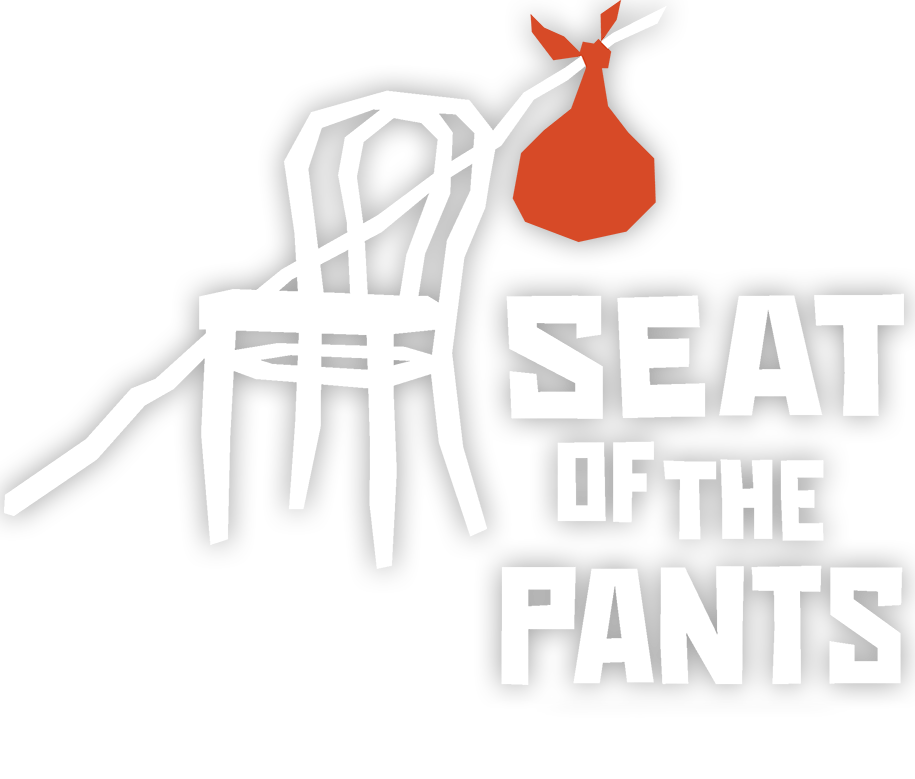MUSIC AS METHOD: ABRAHAM ADAMS
The complexity of creating a character cannot be overstated. Similar to other complex endeavors, there is much that remains unseen by those who witness the finished product. My favorite analogy is that of shipbuilding. An ocean liner or an old sailing vessel in the vastness of the sea is a thing of beauty. Consideration is rarely given to what it took to create such majesty.
Music is a scaffold that can be utilized in the process of character creation. By design, music is intended to quickly find an emotional and spiritual core. Songs provide instantaneous transport to vivid memory, inner life, or atmosphere. For myself, I find music provides freedom from the burdens of heady intellectual processes like script analysis or using imprecision of words to determine “character actions”.
Using music for character creation is not intended as an intellectual exercise. The music need not be from the period of the play. The music need not have anything to do with the style, elements, or thoughts expressed within any given scene. The music can be evocative of the character’s hopes or fears as the scene begins. Music might be evocative of the inner spirit that the character carries inside them and another piece of music might evoke a change that occurs within a given scene or perhaps the play as a whole.
Sometimes, music can be a powerful tool as preparation to launch the actor into a scene. Actors call this “the moment before”. If a character comes onto the stage with a considerable amount of behavior (say the character is drunk, or in a violent mood) or significant events have been experienced offstage (the character has just found love for the first time or they have just murdered their spouse,) music can provide an expedient route to this “emotional preparation”. Of course, once they are onstage, the actor lets it all go, letting the music’s effects on the body and spirit resonate but never dominate. One would never burst onto stage trying to keep the rhythm of the musical selection or holding onto the emotional preparation. The basics of acting take over: breathing, letting the acting partner affect me and responding fully within the given circumstances. Music’s purpose is a scaffold that is never seen by the audience. It brings the actor to the point where they can set sail and take the journey.
For a bit of context, here are few historical facts for the two characters I am playing in Our Country’s Good. This is followed by 2 musical selections for each character. I encourage you to click on over to your favorite music streaming service to have a listen to these selections if you are so inclined.
ARTHUR PHILIP
Born: 11 October 1738
Died: 31 August 1814
Lifelong sailor in the British Navy who eventually married a woman 16 years his senior. Progressive for his time, Philip understood that the new colony would need skilled craftspeople and artisans, both of which were denied on the First Fleet to Australia. Philip attempted to create cordial relations with the native peoples but misunderstandings and killings on both sides created difficulties. When Philip eventually returned to England, two Aboriginal men named Bennelong and Yemmerrawanne went with him.
JOHN WISEHAMMER
Born: circa 1769
Died: Uncertain
John was 18 years old when he was arrested and charged with the crime of theft (snuff) in Gloucester and sentenced to 7 years. By way of punishment he was transported on the First Fleet for the 8 month voyage to the new colony. 775 convicts were transported in 11 ships (582 men and 193 women). 43 convicts died along the way. John would eventually marry Susannah Milledge and leave the colon of New South Wales in 1796 to return to Europe.
MUSIC FOR PHILIP / MUSIC FOR WISEHAMMER
Get By With a Little Help From my Friends - Joe Cocker
Hurt - Johnny Cash
7 Nation Army - The White Stripes
Don’t Let the Sun Go Down On Me - Elton John

